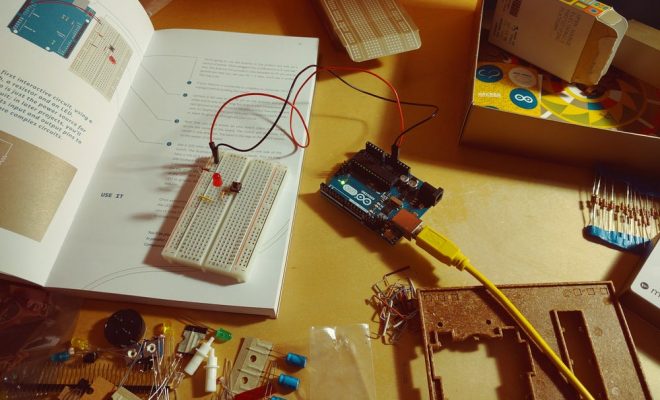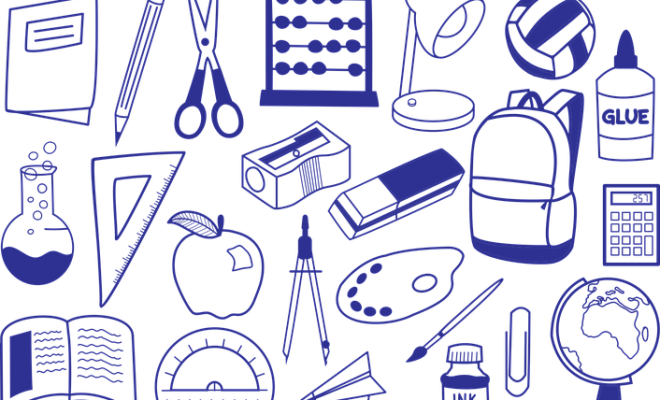Help Your Kid Develop STEM skills

When it comes to introducing STEM ideas to your young child, how earlier is too early? I believe you may begin as early as two years old. Parents of young children may readily give opportunity for their children to learn and experience STEM ideas, and it is not as difficult as you would believe. We will go through five things parents can do to assist their children in acquiring STEM abilities in this post.
- Encourage Kids to Communicate Effectively
Children must be able to communicate effectively. As a parent, you can help children develop this ability by asking them to “get 2 eggs for the cake we will make,” or “how many waste bags do we have left?” Simple inquiries like this can help your child communicate more effectively.
Board games can also aid in your child’s understanding of one-on-one communication. This is because to be competitive in board games, you must be capable of communicating with the other players. If not, actions and intentions may be misinterpreted, resulting in many arguments and conflicts.
- Encourage Kids to Develop Spatial Awareness
Ask your youngster to think about where they are right now. If you are visiting a zoo, give them a map and have them figure out where they are in relation to the Tigers and Bears. If you are driving to a soccer game, ask them to give you instructions.
Alternatively, ask them to recall landmarks on the route to places you frequently visit, like the local shopping center. Can your youngster identify their own house from an image shot from an aircraft or explain the location of their bedroom in relation to yours? As you became older, you realized how important spatial awareness and distance are.
- Encourage Kids to Observe Their Environment
Ask your kid to observe objects in their environment, such as the shade of the leaves on the trees, if the trees have new buds, and how things are moving in the breeze. Your children are far more perceptive than you are because you are preoccupied with your job and all the other responsibilities that come with being an adult. Talk to your kids about their observations and also your own. Use words and terminology often linked with observation, such as observing and noticing.
We form hypotheses and gather data through observations, which is why observation is an important part of science. Your children will be capable of observing fundamental aspects to observing more complex scientific features with little effort.
- Encourage Kids to Describe Things They See and Do
Inquire your children about the characteristics of the things they do and observe. It would help if you asked your child to explain a butterfly in the context of its form, size, and colors when they see one.
Also, ask your child to describe what they are doing and the steps they are taking to get to their intended result while producing or building anything. You may rephrase what they say in your terms, which will help them expand their vocabulary and gain confidence in utilizing complex language.
- Ask ‘What’ Rather Than ‘Why’ Questions
Instead of asking “why” inquiries, ensure you ask your kid questions that focus on what they can observe or do. This will enable your youngster to confidently and successfully answer questions. Why does the rice surge when we cook? It is far more natural for them to respond to what is occurring to the rice.
Conclusion
Your kid can begin to grasp the intricate things around them with the correct instruction. Early STEM activities can also help your kid prepare for future learning and STEM education. You want your kid to be self-assured and enthusiastic about learning. You want kids to think that they can succeed in STEM study and grasp and speak the STEM language.
You do not need to buy expensive toys or scientific kits to start your youngster with STEM learning. You also do not need a STEM education degree to teach your child STEM principles or give them STEM-infused learning opportunities. Waiting until your child starts kindergarten is far too late to teach them about science. At an early age, you may assist your kid in becoming a confident and competent STEM student as a parent.





